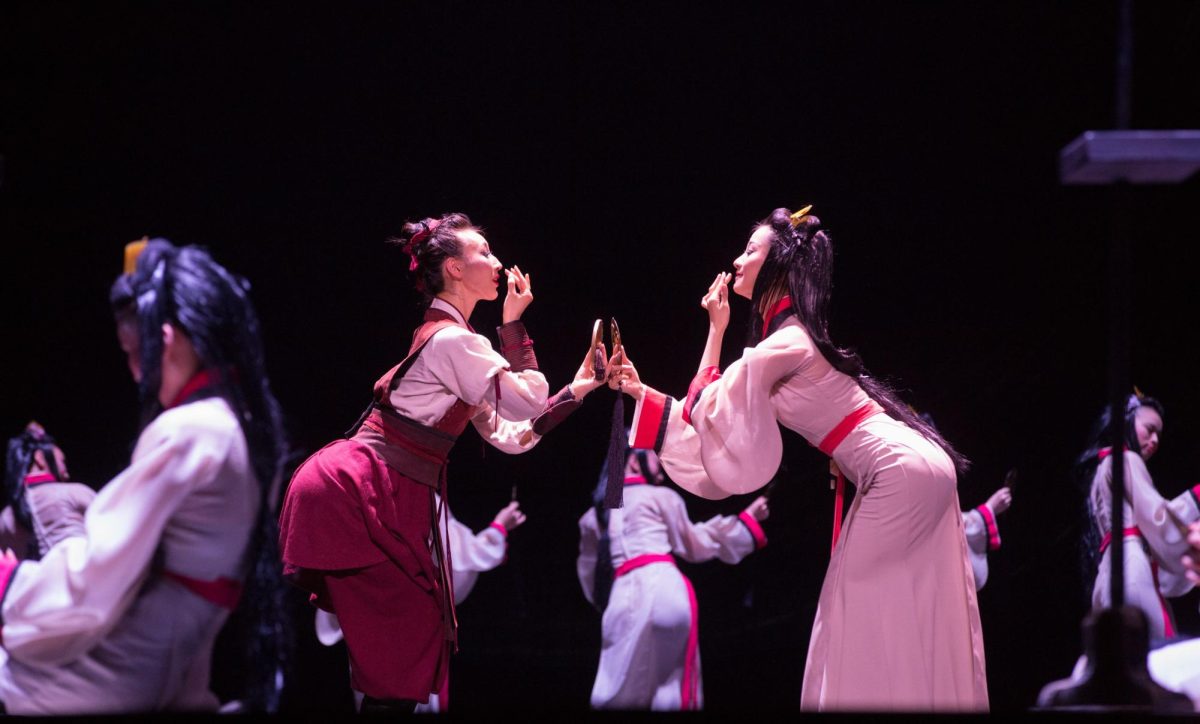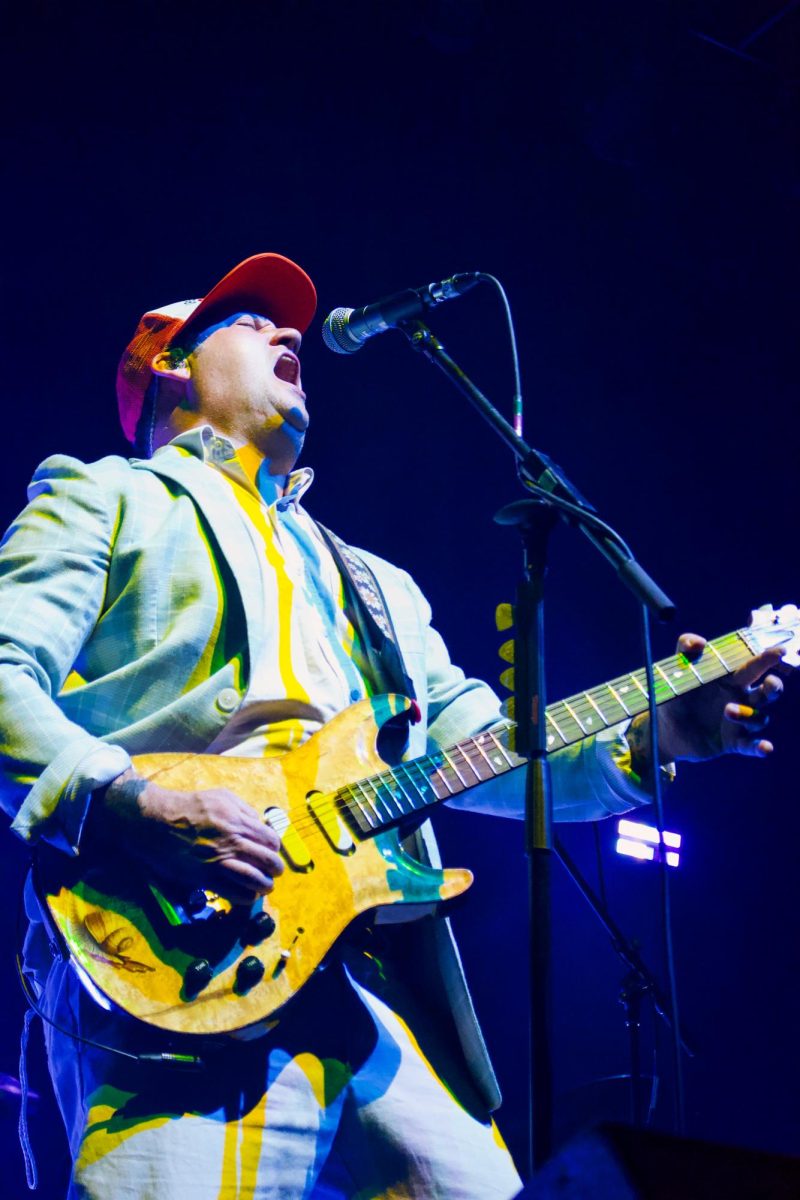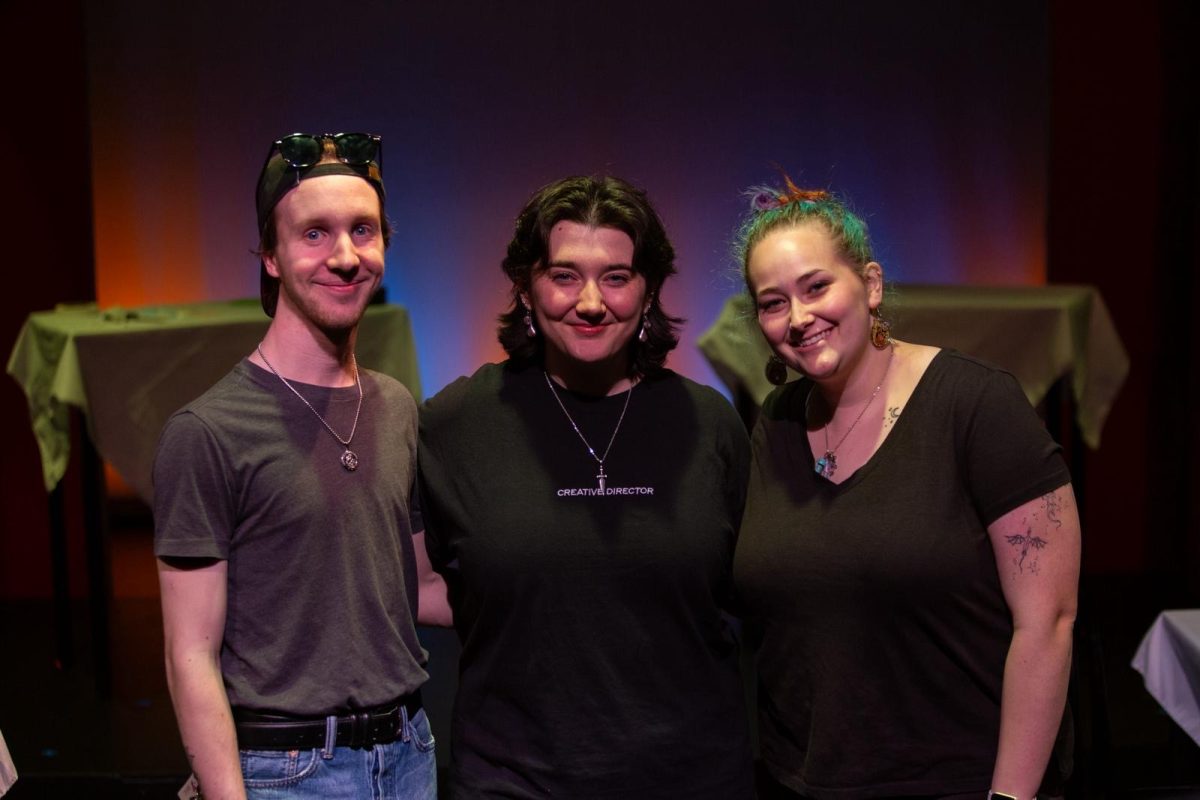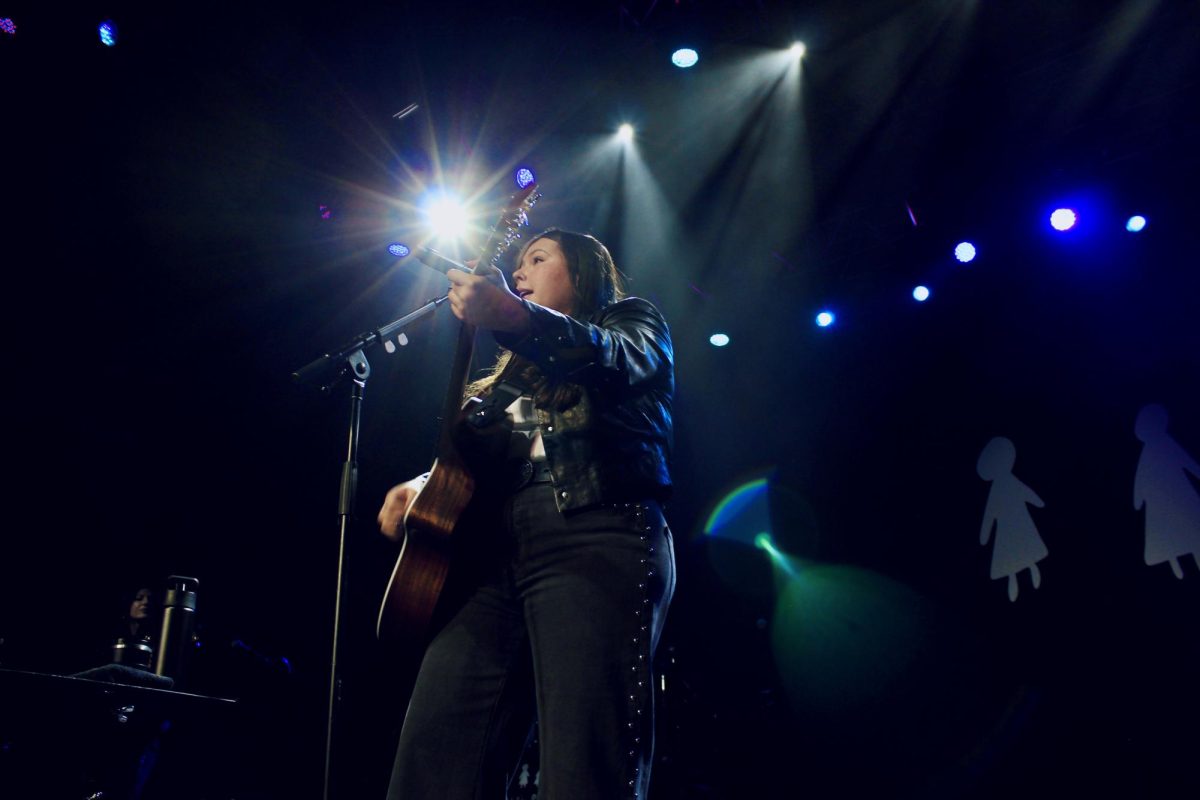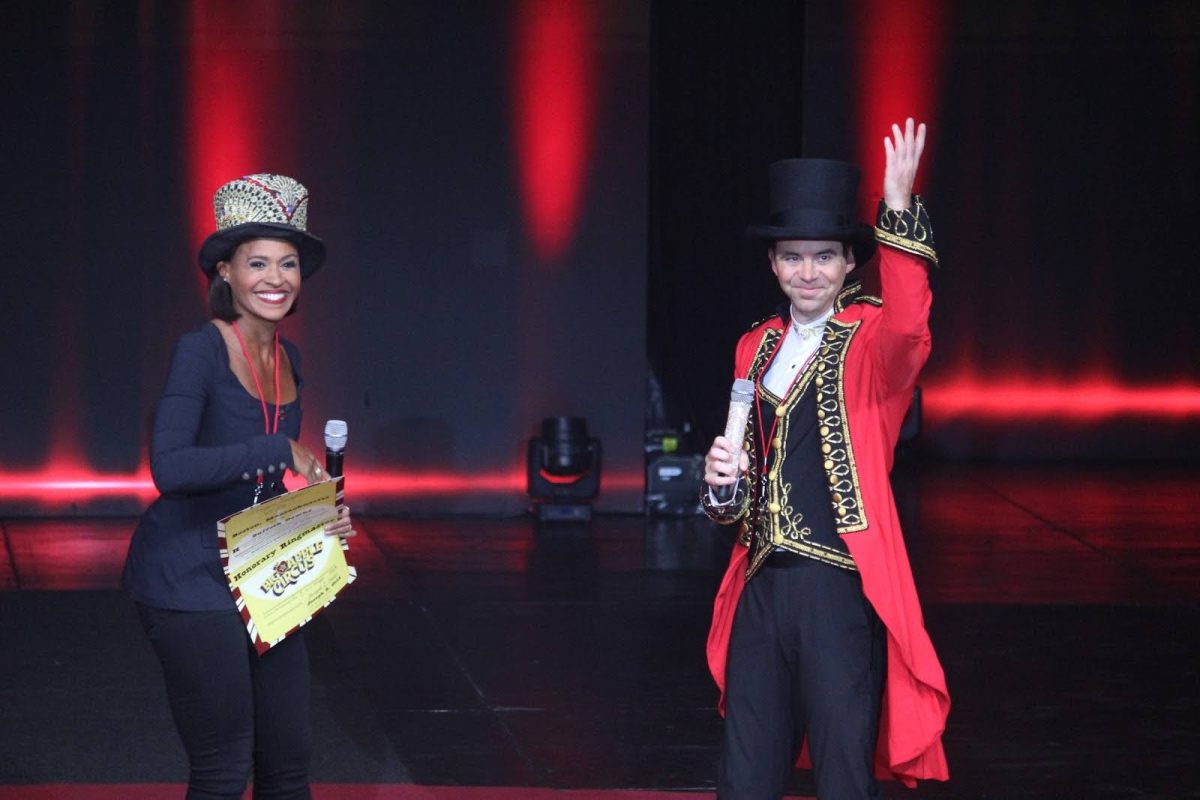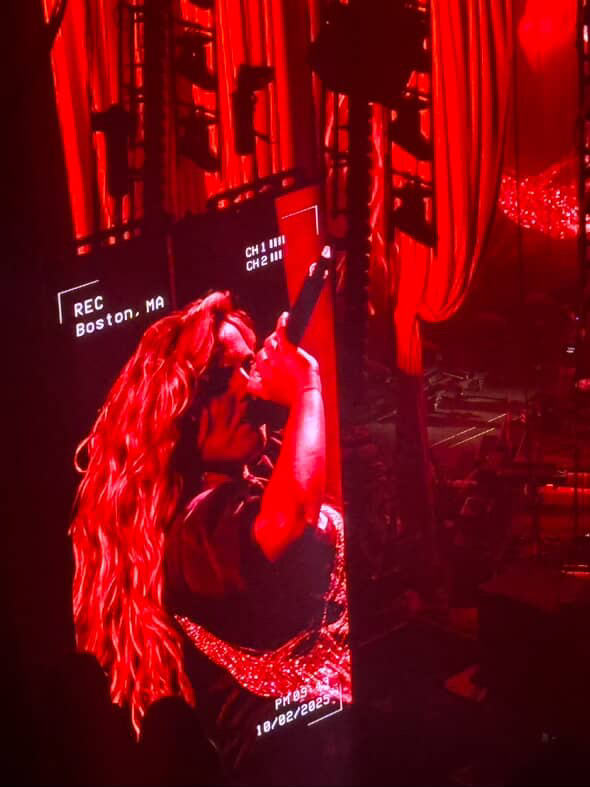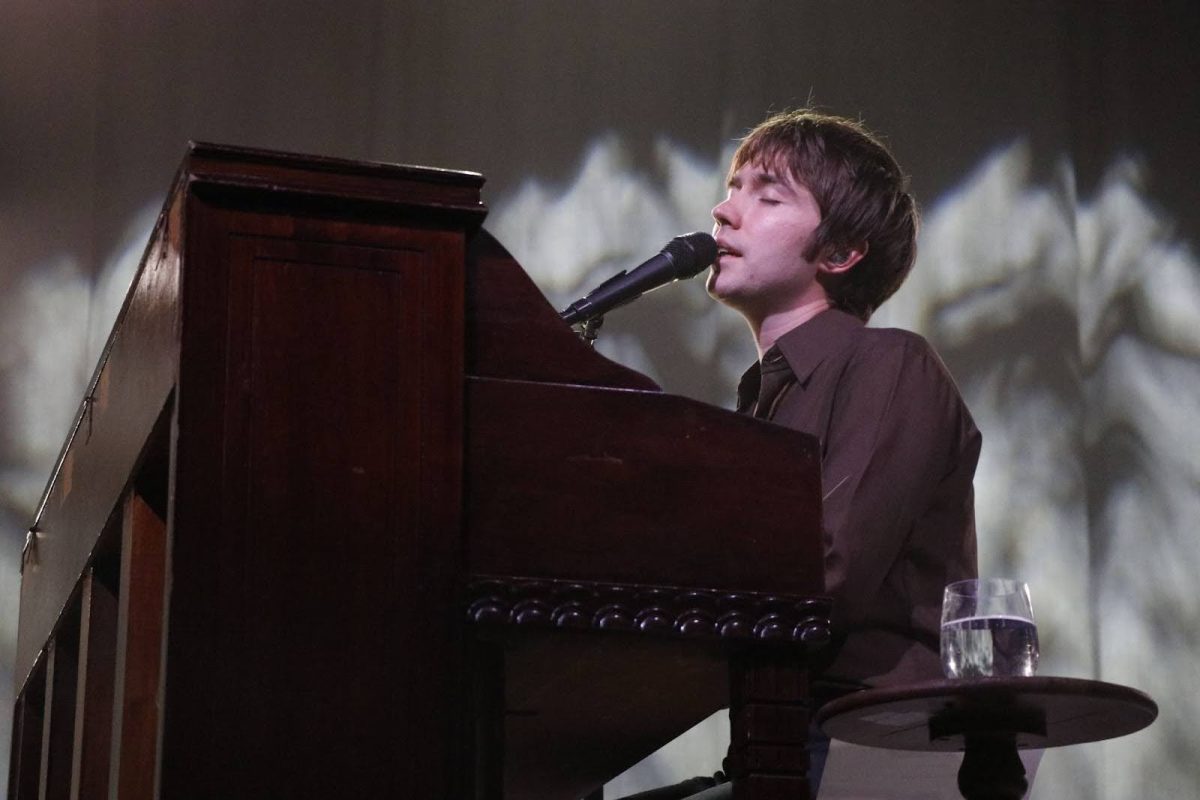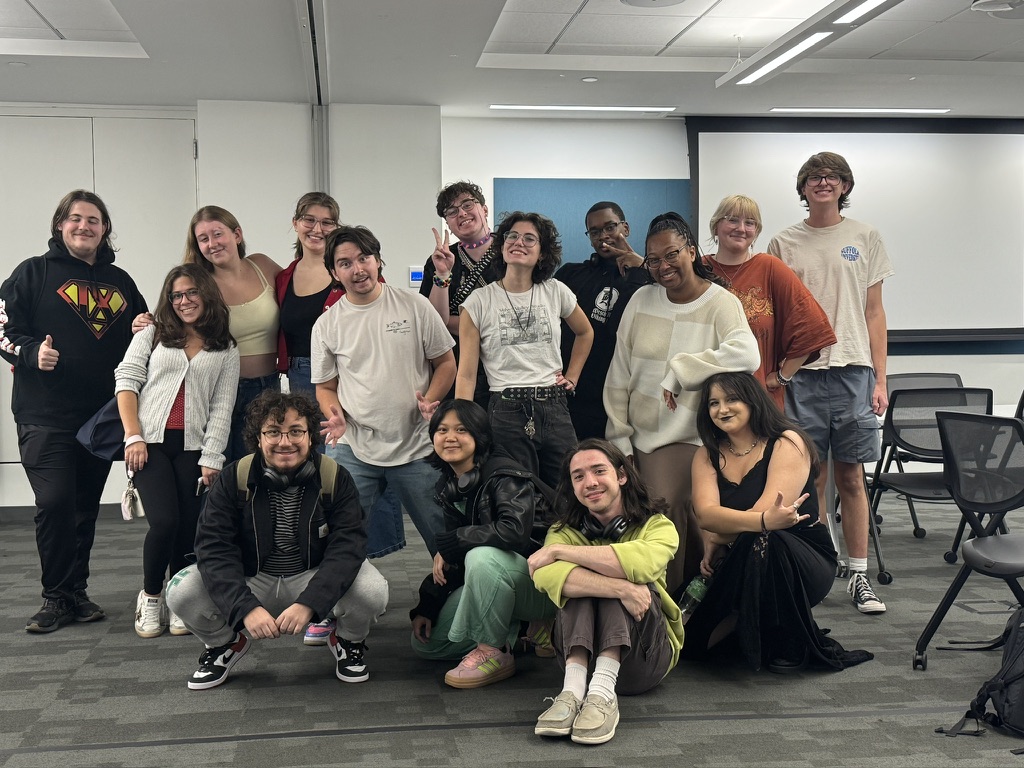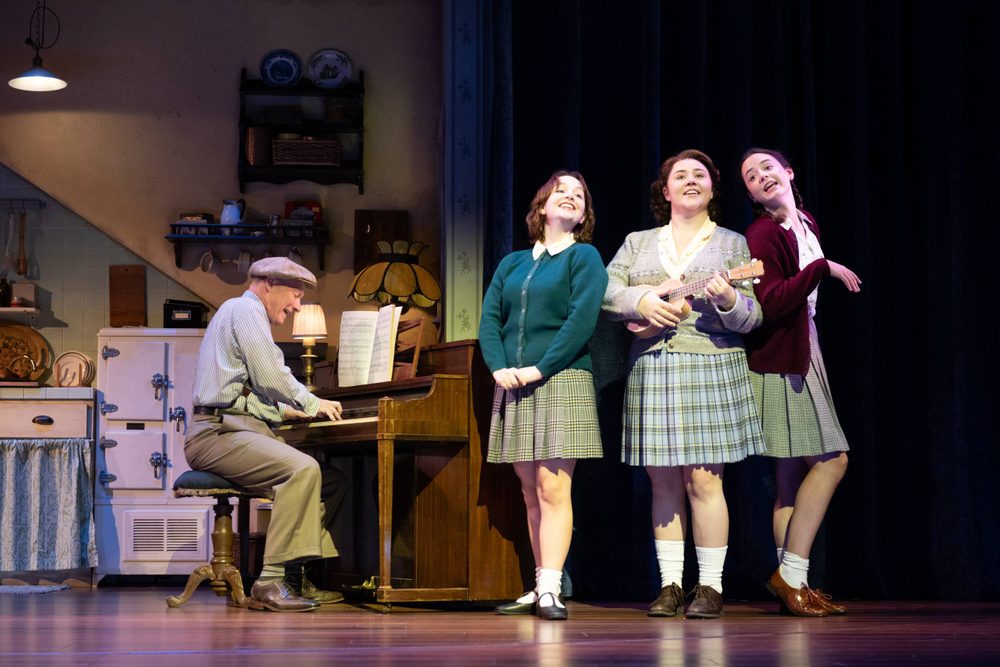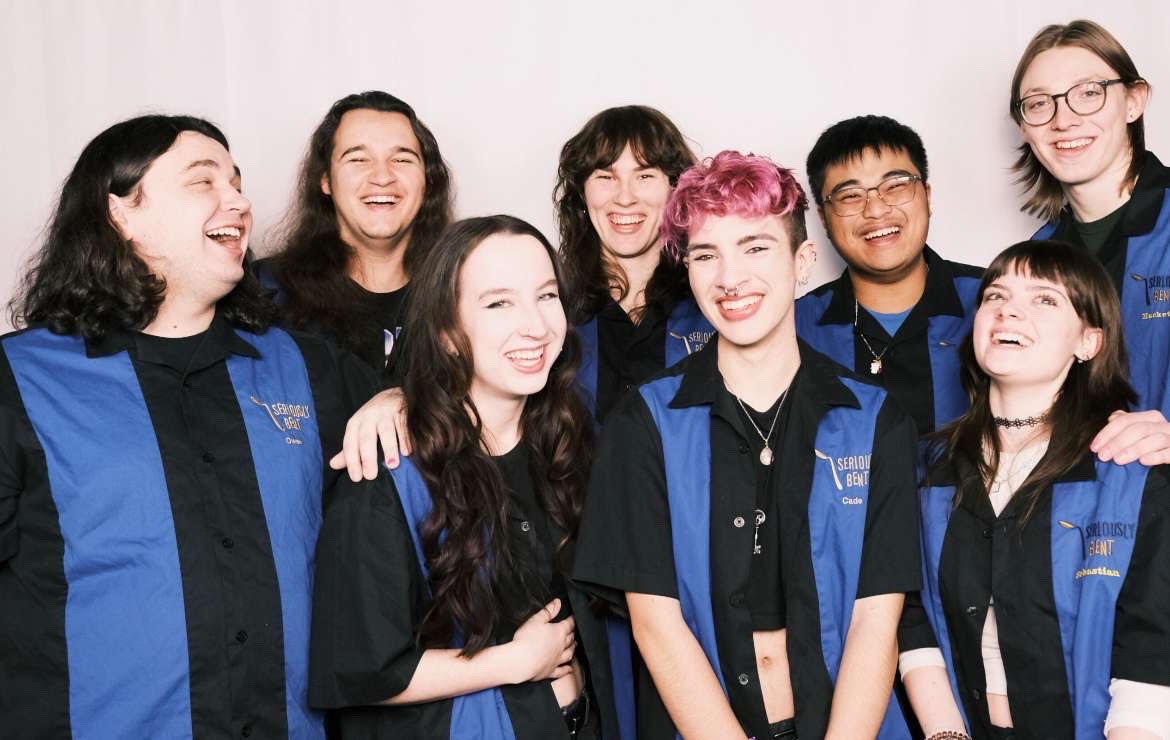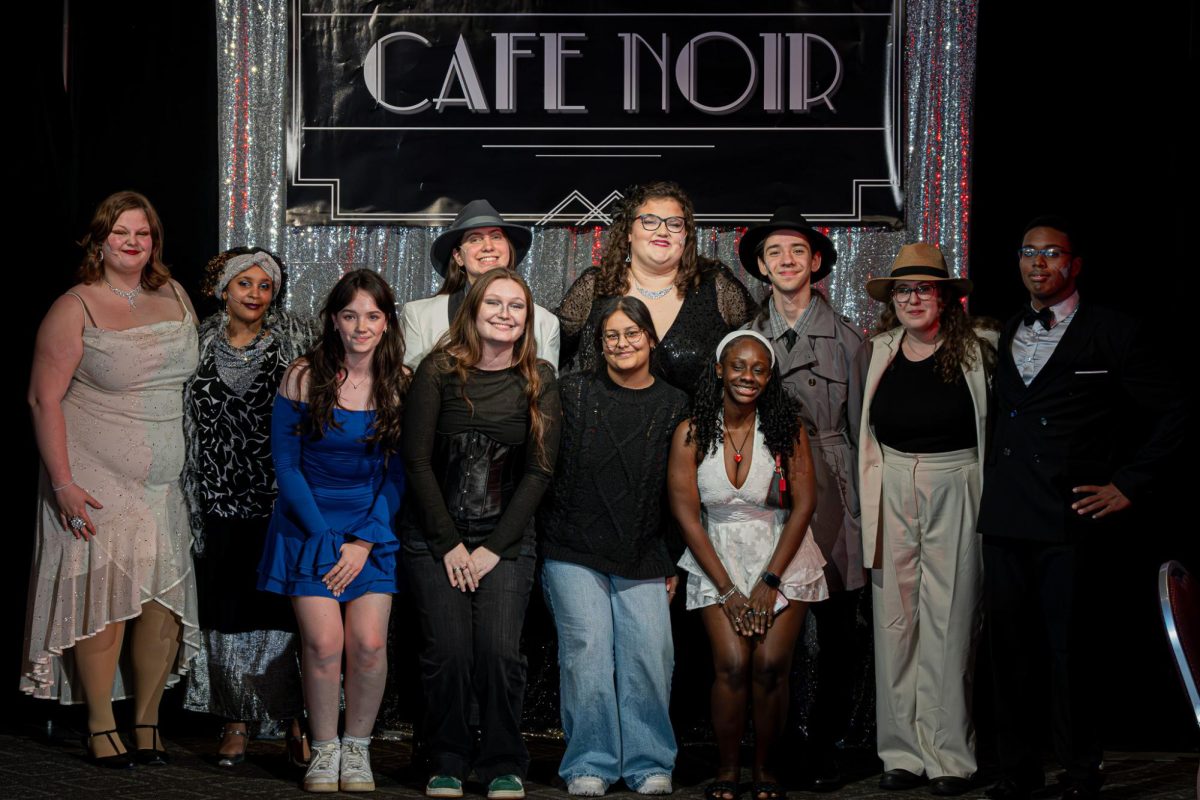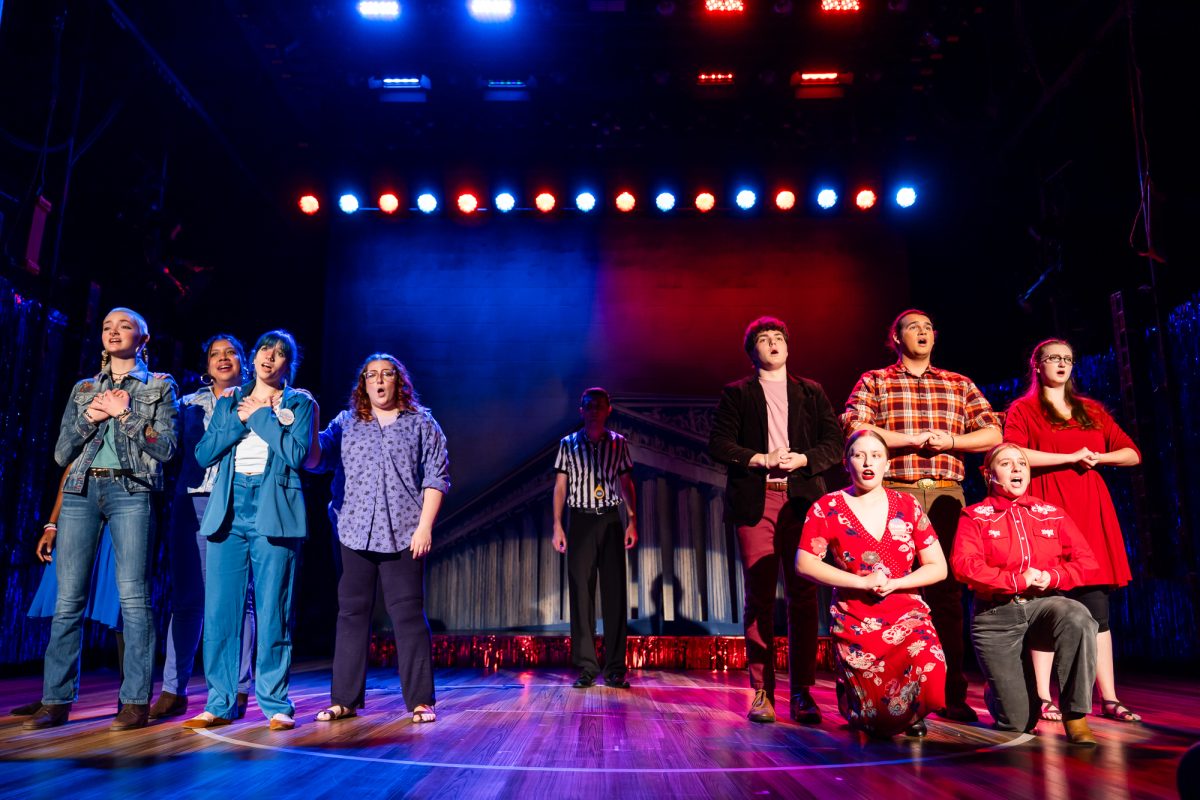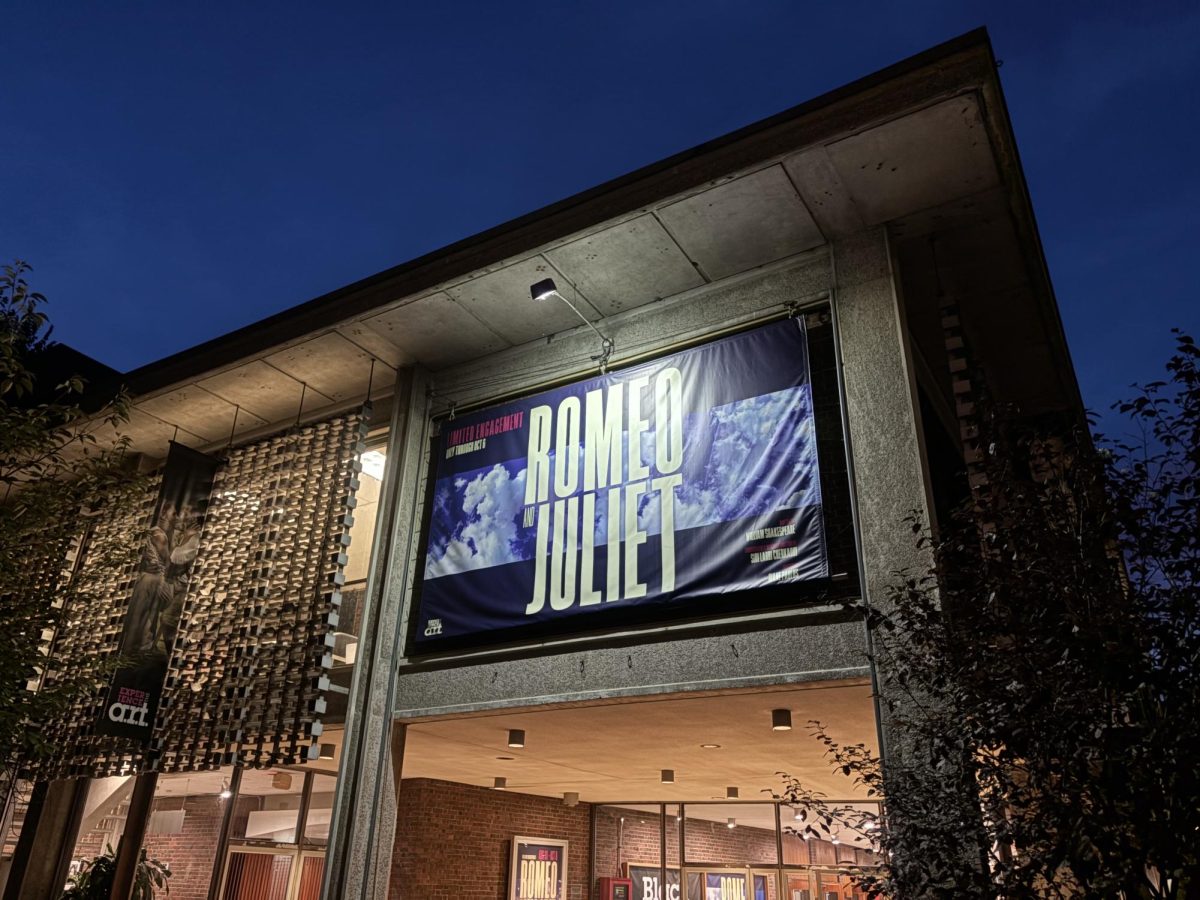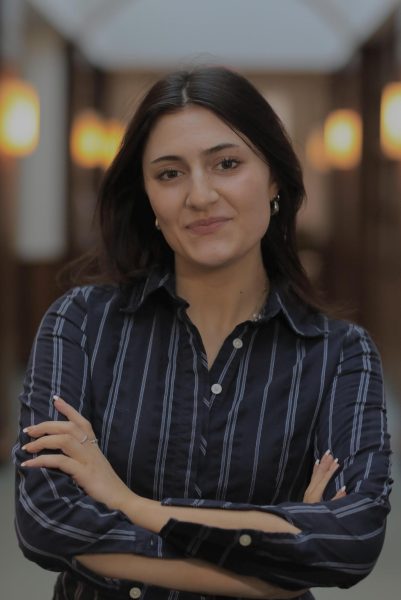The Wang Theater at Boch Center welcomed the company of Image China’s Dance Drama Mulan Sept. 23-24.
The feature was a retelling of the tale of Hua Mulan, through a combination of contemporary and traditional Chinese dance styles. Set in a time of war and violence, Hua Mulan, played by Hao Ruoqi, chooses to forgo her feminine persona in exchange for joining the army in place of her father, Wang Zheng. Once training, she begins to develop feelings for General Wei, played by Xia Tian, all whilst disguising her identity in her efforts to assist her country.
The dance feature has received accolades like the 11th China Dance Lotus Award for Dance Drama from the China Federation of Literary and Art Circles and the China Dancers Association. This award signifies the highest honor for dance performance in China, which is reflected in the stunning performance and energy they brought to Boston.
The performance was cinematic in its grandeur, with a set and music score to match the story’s intensity and historical roots in China. The motives within the set felt reminiscent of a storybook, with images of watercolor paintings depicting landmarks of the story. The set also utilized circles within the set, with curtains and screens in shapes assisting in certain storybeats, like depicting distance or new locations. This motif was also conveyed to the stage, which featured two turntables that were expertly used in the dance sequences.
The music featured distinct elements of Chinese folk music that excellently accompanied the swells in emotion and stakes within the show. The music in tandem with the dance was able to make the high intensity fight choreography moments captivating, although the musicality at other moments was dampened by the lack of a live orchestra.
The technical aspects of the performances were assisted by the stunning choreography by Zhou Liya and Han Zhen, who managed to take the familiar aspects of dramatic dance and shift them to accommodate a story focused further on war and identity. Unlike many dance performances, dynamics of the story required a wide range of emotional delivery that was successfully conveyed throughout the feature.
The female and male ensembles had distinct dance styles that were equally captivating in their group performances. The female ensemble performed a stunning dance in Act 3 as an interlude to the high stake war story. The dancers dawned traditional Chinese dresses, with long sleeves and flowing fabric at the bottom in the feminine showcase. The performance was a beautiful moment of Mulan embracing her womanhood and ancestors outside of her disguise.
The male ensemble had strong and powerful movements in their performances. The battle sequences featured excellent displays of strength and skill, weaving real martial arts techniques and practices into the dance. Despite being an aggressive and intense dance style, the male ensemble was able to make the movements look effortless.
The acting skills of the male ensemble made their dances a treat to watch. In the second act, the group showcased their comedic timing with a hilarious departure from the intensity of the initial story, where the boys sleep-danced to the shock and awe of Mulan in their base. The audience’s constant laughter echoed through the theater while they rolled across the floor in sync.
In a very different manner, the male ensemble performed heart wrenching depictions of war and violence. Act 4 saw a much more somber tone of dance that implemented the dramatic skills of the dancers and enhanced the emotion of the story further. The graceful yet rigid battle sequence depicted the triumph of China amongst the losses of the soldiers through still poses that would glide past the audience on the turntable stage. These moments were some of the most cinematic and powerful of the dance drama.
Standout performances came from Ruoqi, who has been catching attention and praise as the title role of Mulan since her initial casting in the role in 2017. Her experience and length of time with the piece reflects in her comfort on the stage and commanding presence over the story. Ruoqi managed to fit seamlessly into the essence of the male and female ensembles. She was able to match the intense and rigorous martial arts choreography in the battle sequences and the delicacy of the female ensemble’s dances. She was also able to maintain excellent chemistry with the rest of the cast, especially with Roe’er the Orphan, played by Wu Wei. In the two short acts that the characters shared performances in, their chemistry and relationship grew through their movement and performance.
The performance of Tian as the general was one of the most physically impressive feats of the show. The character demanded a repertoire of stunt work and physically taxing movements that commanded the attention of the audience whenever exhibited. The natural leadership exhibited by Tian in the ensemble sequences made the strength and unity of the group feel as strenuous and important as a true army march.
The execution of the classic story was accompanied by excellent theatrical performances and a beautiful technical rigor that made for captivating performance that brought the audiences to their feet. Image China’s company proved themselves to be a group worth seeing when they come to Boston again.


